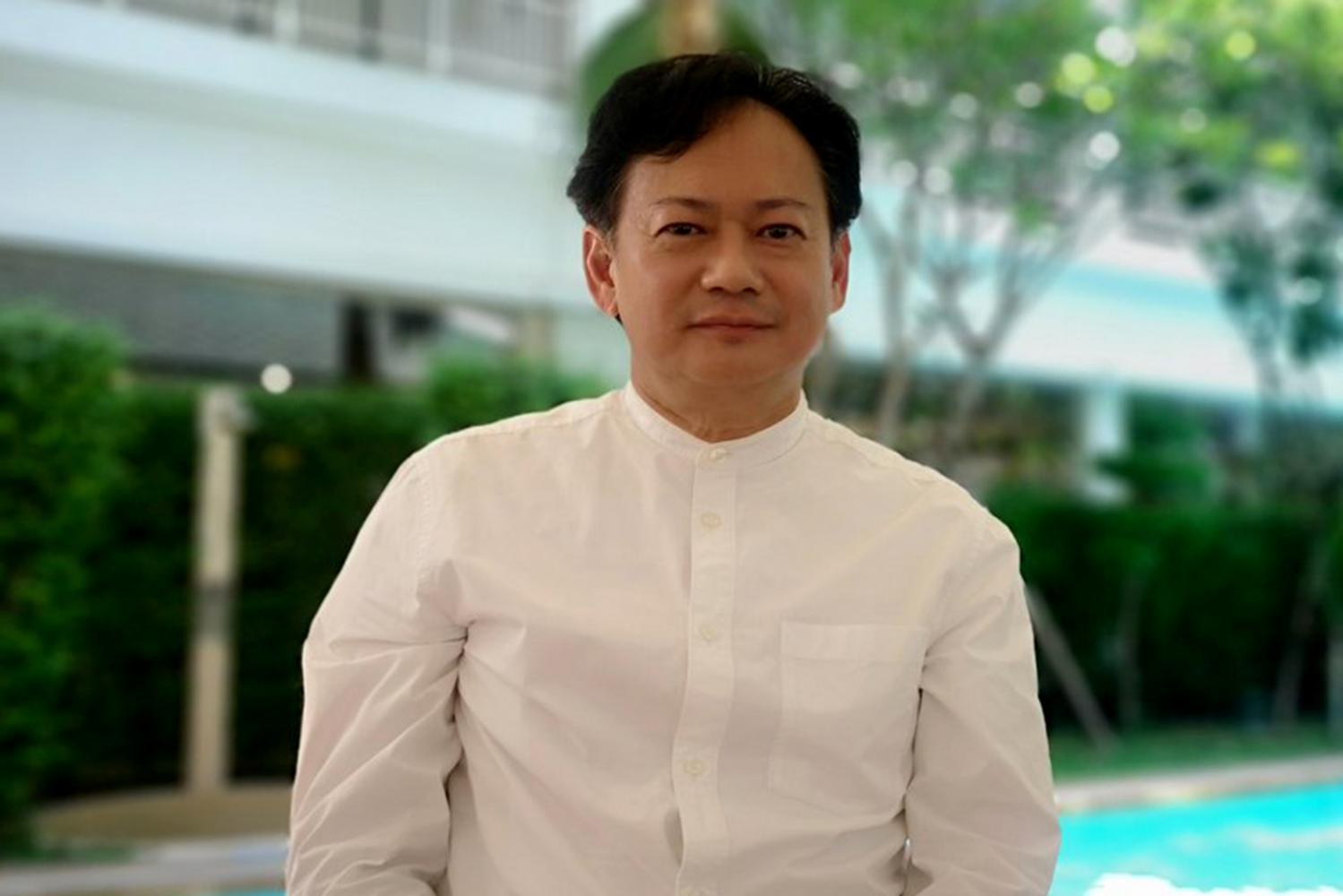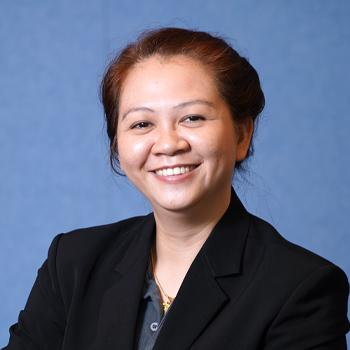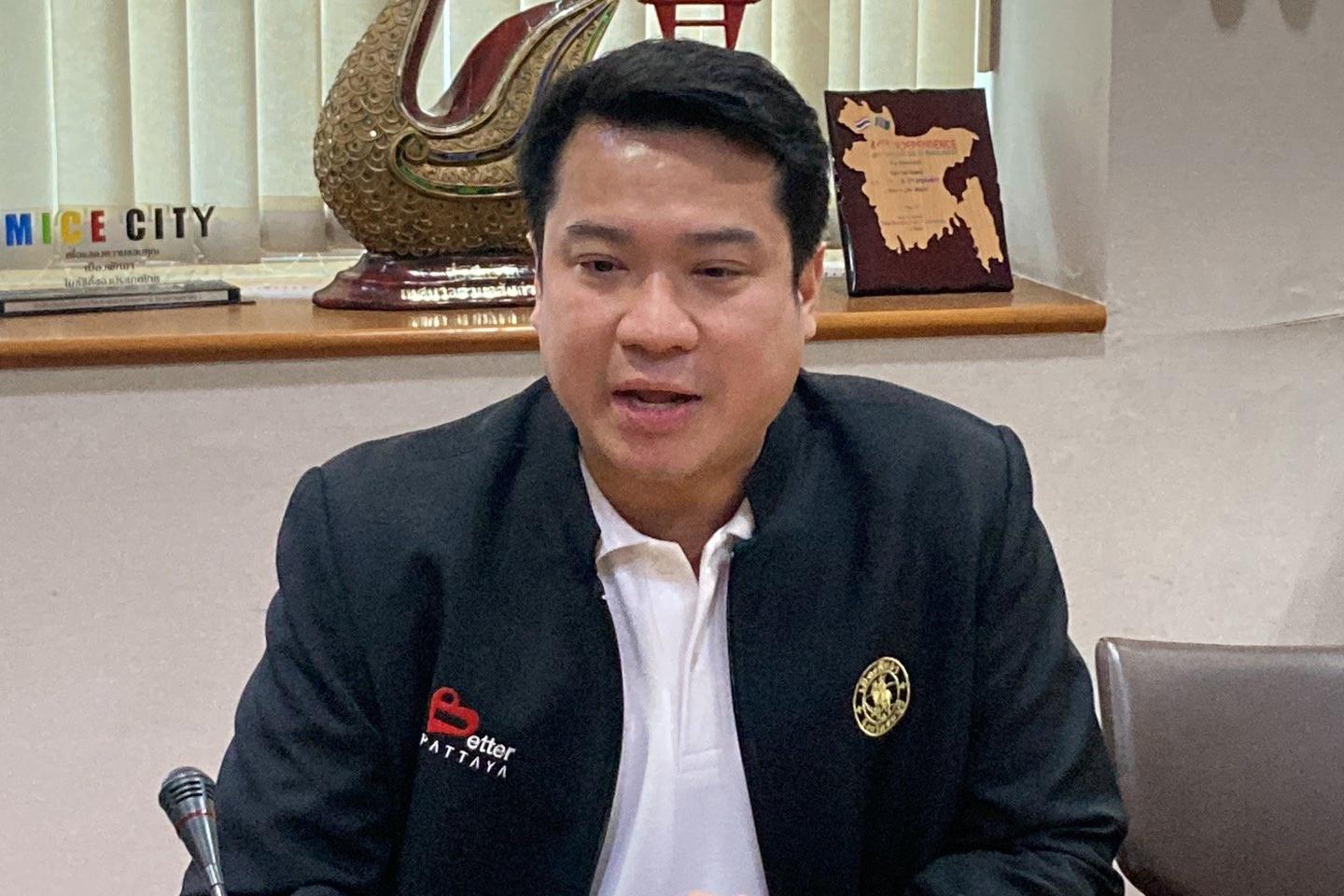Protesters from community networks and drunk-driving victims carry a mock dead body to Government House on Oct 24, submitting a petition to Prime Minister Anutin Charnvirakul opposing the government’s plan to extend alcohol sales and pub hours until 4am and lifting the 2-5pm alcohol sales ban. Apichart Jinakul
The uproar triggered by the newly amended Alcohol Beverage Control Act has underscored a recurring dilemma for the government: how to balance social order and public health with a tourism-driven economy that demands flexibility and international friendliness.
The controversy that erupted after the law took effect on Nov 8 – particularly its ban on alcohol sales between 2pm and 5pm and the midnight cut-off time for drinking – spiralled into one of the most disruptive regulatory …
Protesters from community networks and drunk-driving victims carry a mock dead body to Government House on Oct 24, submitting a petition to Prime Minister Anutin Charnvirakul opposing the government’s plan to extend alcohol sales and pub hours until 4am and lifting the 2-5pm alcohol sales ban. Apichart Jinakul
The uproar triggered by the newly amended Alcohol Beverage Control Act has underscored a recurring dilemma for the government: how to balance social order and public health with a tourism-driven economy that demands flexibility and international friendliness.
The controversy that erupted after the law took effect on Nov 8 – particularly its ban on alcohol sales between 2pm and 5pm and the midnight cut-off time for drinking – spiralled into one of the most disruptive regulatory shocks for bars, restaurants, nightlife operators and tourist hubs since the pandemic era.
Within just a week, the business backlash was loud enough to force a policy retreat.
On Nov 13, the National Alcohol Policy Committee chaired by Deputy Prime Minister Sophon Zarum, and the Alcohol Beverages Control Committee chaired by Minister Public Health Minister Pattana Promphat, jointly approved a set of relaxations: lifting the widely criticised afternoon sales ban, and extending drinking hours at licensed venues until 1am, even though alcohol sales are still prohibited after midnight.
The six-month trial period for the change signals the government’s intent to measure economic impacts while maintaining a cautious public health tone.
The rapid about-face was welcomed by the private sector, but the episode also laid bare structural weaknesses in the alcohol control regime – particularly unclear communication, patchy enforcement, and fragmented policy goals.
As tourism surges back and nightlife regains momentum, the government faces intensifying pressure to craft rules that are both enforceable and aligned with the country’s status as a global travel destination.
Relief for business, tourists
In Bangkok’s nightlife districts, the initial regulations landed like a hammer. Operators complained of sudden cancellations, confused tourists, and inconsistent on-ground enforcement.
Nowhere was this more visible than in Khao San Road, a magnet for foreign backpackers and a nightlife economy heavily dependent on European tourists.
Sanga Ruengwattanakul, president of the Khao San Business Association, thanked the government for reversing what he called an outdated and economically damaging restriction.
“The 2pm-5pm ban dated back to 1972 and no longer reflected economic realities,” he said, pointing out that tourists on holiday do not follow the same time-bound consumption patterns as office workers.
While operators along Khao San Road were less affected, given its 80% European tourist base, Mr Sanga said tourism areas reliant on Chinese tourists, such as Yaowarat and Banthat Thong, had suffered sharply.
Operators had long complained that restrictive rules push businesses toward informal or underground operations.
Mr Sanga added that many restaurants have attempted to register as entertainment venues but faced cumbersome approval processes, forcing some to operate in legal grey zones. “If rules are too strict, businesses will simply find ways to avoid them,” he warned.
Other business owners and communities echoed similar views. Some argued for targeted zoning to keep nightlife visible but controlled. Others pressed the government to bring underground venues “to the surface,” allowing them to operate legally and transparently while removing incentives for bribery or informal payments to local officials.
For many in the service sector, the six-month trial is viewed as a window of opportunity: a chance to generate more revenue in a sluggish economy, create jobs and stabilise tourism sentiment ahead of the tourism high season.

Sanga: Hails alcohol policy reverse
Sounding the alarm
While businesses celebrated, public health specialists were far less enthusiastic. They argue the government’s quick concession to economic pressure could undermine long-term safety goals and erode the alcohol control framework.
Dr Polathep Vichitkunakorn, director of the Centre for Alcohol Studies, warned that easing restrictions was an abnormal and concerning move.
He said the law contains loopholes that could tilt policymaking toward commercial interests, including the unprecedented decision to allow the private sector to sit on the National Committee on Alcohol Control.
This inclusion contradicts World Health Organization (WHO) guidance, which cautions governments against allowing industry stakeholders to shape public health policy.
Dr Polathep also highlighted the risk posed by potential vending machines for alcohol – now legally permissible – given the difficulty of ensuring they remain inaccessible to minors.
“If the committee fails to protect public safety, we will see more relaxations designed to facilitate the liquor business,” he warned.
Citing a six-month study on extended nightlife hours, he said accidents could rise by 13% and drunk-driving offences by more than 100% if venues are allowed to serve until 4am as previously proposed.
Even a one-hour extension, from midnight to 1am, must be closely monitored, he argued, because “every day of extended drinking hours is an exchange for more injuries and deaths on the road.”

Polathep: Warns of commercial interest
Fix arbitrary rules
The Thailand Development Research Institute (TDRI), which has studied the alcohol law for over a year, takes a nuanced position.
Senior researcher Thanthip Srisuwannaket said the afternoon ban – originally implemented during Field Marshal Plaek Phibunsongkhram’s era to discourage civil servants from drinking during work hours – was “irrational, outdated and inconsistent.” She recommended a consolidated timeframe instead, such as a universal ban starting from midnight.
However, TDRI does not endorse unlimited drinking hours. Their research supports keeping restrictions after midnight due to higher accident risks, including harm to early-morning street vendors and commuters.
Ms Thanthip also noted blanket bans on major Buddhist holidays help reduce prolonged binge drinking, which is often linked to spikes in road accidents.
TDRI’s core recommendations focus not on when alcohol is consumed, but on enforcing laws that directly address public harm: tougher penalties for selling alcohol to minors; clearer rules on advertising directed at youth; reducing reliance on officer discretion; and graduated penalties for drunk driving based on blood-alcohol levels.
Where nightlife and tourism are concerned, TDRI proposes a compromise: if venues are allowed to operate late into the night – say until 3am or 4am – they should be required to provide safe transport services, with the cost incorporated into customer bills. The aim is to discourage drunk driving without undermining tourism competitiveness.

Thanthip: ‘Blanket bans curb binge drinking’
Enforcement tough
Even with the new relaxation measures, both business operators and experts agree on one critical point: regulations will fail without clear, consistent and well-publicised enforcement.
Tourism-heavy areas such as Pattaya have already reported miscommunication: some police stations apply the law strictly, others loosely; some foreign visitors are unaware of time-based restrictions; some restaurants interpret the rules differently to avoid penalties, said Damrongkiat Pinitkarn, secretary to the Entertainment & Tourism Association of Pattaya City.
As Thailand enters the peak tourism season, unclear messaging risks damaging the country’s image, he said.
“At this point, the high season has begun, but tourist numbers remain weaker than two years ago in Pattaya, down by roughly 20 per cent. If negative news about alcohol-control policies emerges, the impact will be even more severe – travellers might well turn to Vietnam or Laos instead,” he said.
Industry associations have also urged the government to disseminate multilingual guidelines through embassies, airports and tourism campaigns; standardise enforcement across provinces; and ensure frontline officers have clear instructions.
Failure to do so, they warn, will lead to repeats of the confusion seen earlier this month –confusion that tourists are unlikely to forget.

Damrongkiat: Calls for clear messaging
Balancing act
The alcohol law debate has revealed deep divides within policymaking. On one side are public health experts concerned about long-term social costs, hospital burdens and road fatalities.
On the other side are businesses desperate to recover from years of pandemic-era losses, and a government that relies on tourism as a core economic driver.
Prime Minister Anutin Charnvirakul – who also built much of his political identity on public health reform – finds himself squeezed between two competing imperatives.
The government’s retreat on the afternoon sales ban is widely interpreted not just as responsiveness, but also as recognition that inflexible moral-framed regulations can clash with the country’s global positioning.
According to experts, the government must decide whether alcohol regulation is primarily a public health tool, an economic instrument, or a hybrid of both.
Each approach leads to distinct policy pathways, and inconsistent blending creates the confusion the public has now witnessed.
Looking ahead
The six-month trial period gives the government time to gather data, refine messaging, and re-establish coherence. But it also gives industries and local authorities time to test the boundaries – something that could trigger new waves of adjustment if problems arise.
For the policy to succeed, experts say the government must: strengthen enforcement against drunk driving; clarify licensing pathways for nightlife venues; actively communicate rules to foreign visitors; close loopholes that give undue influence to commercial entities; and align its health, economic and safety objectives into a consistent framework.
The alcohol law saga is more than a regulatory hiccup – it is a test case for how the country positions itself in a post-pandemic economy. Striking the right balance between safety and economic vibrancy will determine whether the country can preserve its global tourism appeal while protecting public health, the experts say.
If the government manages this balance, Thailand can avoid the pitfalls of uncontrolled liberalisation while still supporting a resilient economic recovery. But without clear implementation and principled policymaking, the experts warned the confusion seen this month could become a recurring challenge.